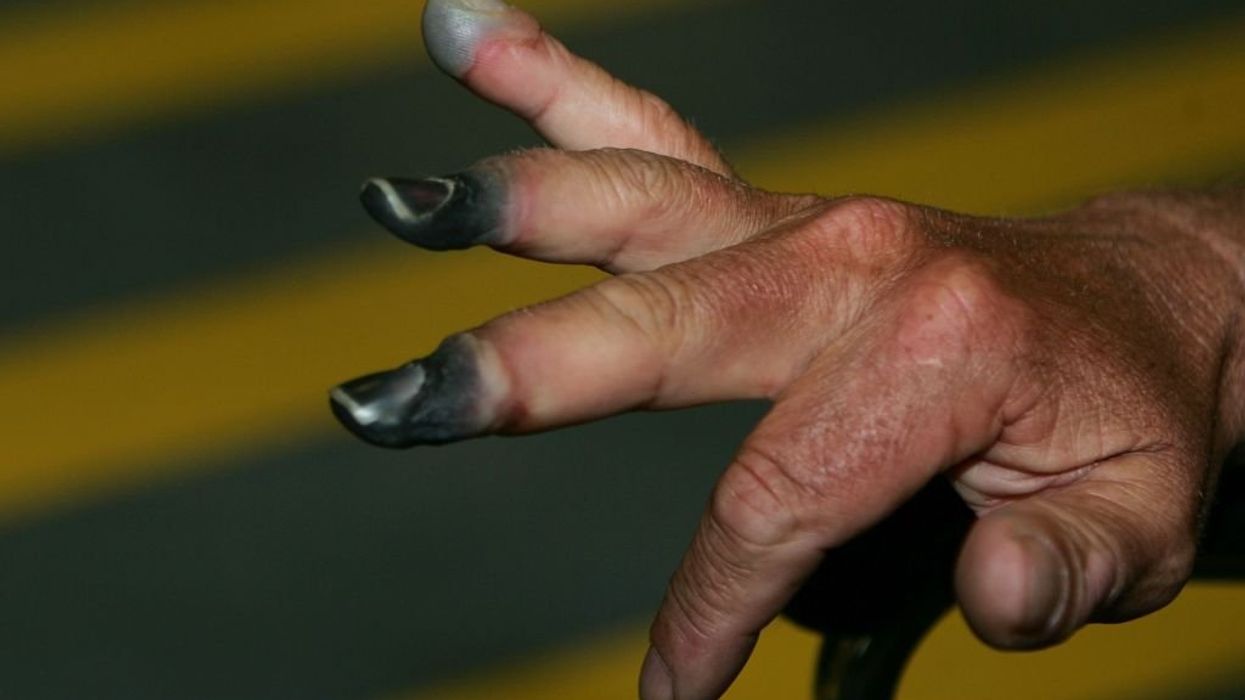
Sandra Mu/Getty Images

The U.S. Food and Drug Administration announced that it has green-lit Aurlumyn to address serious frostbite in adults to decrease the risk of digit amputation.
The FDA's press release notes that "the active ingredient in Aurlumyn," is iloprost, which "is a vasodilator (a drug that opens blood vessels) and prevents blood from clotting." The FDA notes that "Iloprost was originally approved in 2004 for the treatment of pulmonary arterial hypertension."
"This approval provides patients with the first-ever treatment option for severe frostbite," Norman Stockbridge noted, according to the press release which identifies him as "director of the Division of Cardiology and Nephrology in the FDA's Center for Drug Evaluation and Research."
The FDA press release discussed a trial that examined the use of iloprost to treat frostbite.
"Iloprost's efficacy in treating severe frostbite was primarily established in an open-label, controlled trial that randomized 47 adults with severe frostbite, who all received aspirin by vein and standard of care, into one of three treatment groups. One of these groups (Group 1) received iloprost by vein (intravenously) for 6 hours daily for up to 8 days. The two other groups received other medications that are unapproved for frostbite, given with iloprost (Group 2) or without iloprost (Group 3). The primary measure of efficacy was a bone scan obtained 7 days after initial frostbite that was used to predict the need for amputation of at least one finger or toe," the FDA noted.
"On day 7, the bone scan finding predictive of needing amputation was observed in 0% (0 of 16) patients receiving iloprost alone (Group 1) compared to 19% (3 of 16) patients in Group 2 and 60% (9 of 15) patients in Group 3. The presence of the bone scan abnormality was significantly lower in the two groups receiving iloprost. Most patients had follow-up information on whether they subsequently underwent at least one finger or toe amputation. The need for amputation was consistent with the bone scan findings," the FDA added.
Like Blaze News? Bypass the censors, sign up for our newsletters, and get stories like this direct to your inbox. Sign up here!